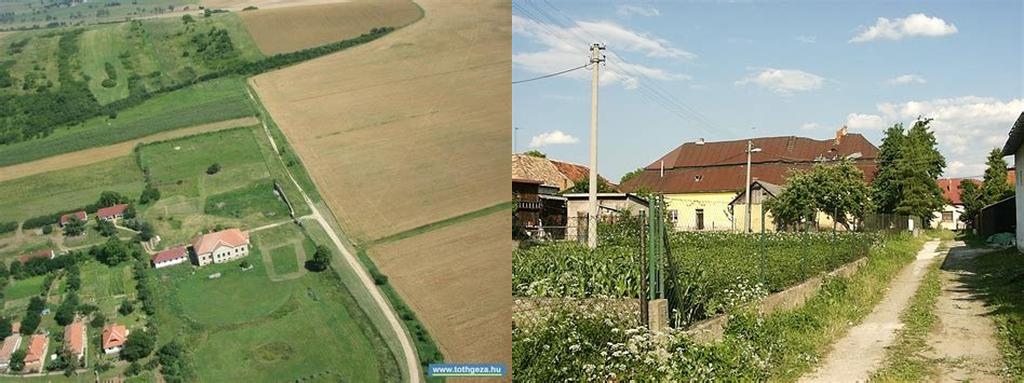
Péchy-kúria in the tranquil village of Selyeb offers a slice of Hungarian history that feels curiously alive despite the steady tick of centuries. Gliding through the narrow, winding streets lined with tidy gardens and cradled by the sleepy mood of rural northeastern Hungary, you’ll find yourself at the gates of an astonishing relic—a mansion less famous than the immense castles of the plains, yet deeply evocative in its own right. The Péchy Mansion, as it stands today, is not just an architectural treasure; it’s an unsung chronicle of generations and changing eras.
The man behind the mansion, Baron Péchy Zsigmond, is an essential figure in local lore. Constructed in the late 18th century, the estate typifies the transitions in Hungarian architecture from ostentatious fortifications to graceful, hospitable homes. Walking through the mansion, the subtle synthesis of baroque and classicist elements becomes apparent—the gently arched window frames, the rhythmically spaced columns, the ornate yet inviting portico. But the real charm is in the timeworn patina: the soft hush of old floorboards, the sun filtering through wavy glass as it has for over two hundred years, and the sense of memory embedded in every decorative relief.
Unlike the grand palaces that often feel untouchably monumental, Péchy-kúria is approachable, intimate even. Visitors are often startled by the unpretentious beauty—walls that have aged with dignity, antique stoves still keeping rooms warm, and an air of gentle decay that adds to the authenticity. Stories linger in these corners. Local legend has it that over innumerable family gatherings, decisions that shaped the fortunes and festivities of the region were made in the stately old dining room. Sometimes, it was the scene of orchestral evenings; at other times, a refuge during storms of revolution and war. The mansion witnessed the passage of armies, artists, and even—according to one note in a guestbook—wild storks nesting on the eaves.
The estate’s setting is just as compelling. The gardens retain echoes of a once meticulously maintained landscape park, where lindens, maples, and horse chestnuts form a gentle canopy overhead. While time and history have allowed the borders to soften, there is still an undeniable romance to strolling among the mossy stone benches and wildflowers. Every season brings a different character: in spring, the grounds burst into a tapestry of blossoms; in autumn, the foliage seems to cast a golden haze over the mansion’s whites and creams. Local birdlife is abundant, and a patient visitor might spot red squirrels darting around, or hear woodpeckers tapping in the quiet.
Perhaps the most engaging aspect of a visit to Péchy-kúria is the sense of discovery. This isn’t a place crowded by throngs of guided tours or overwhelmed by souvenir stalls. There is a quiet pride evident in the way the local community maintains the building, and while parts of the house are carefully preserved, others wear their centuries openly, inviting visitors to wonder what lives and dramas unfolded here. You might even note inscriptions left by soldiers in an attic room, or the evocative remains of hand-painted wallpaper in a once-grand salon.
Historically, Selyeb itself has never been a bustling metropolis, but what it lacks in scale, it compensates for with soul. The region’s blend of Hungarian and Slovak influences is tangible in the very bones of the mansion—on a quiet day, you might hear a local recite verses that have survived from the days when Zsigmond Péchy himself entertained poets and philosophers. The walls of the kúria do not simply contain silent rooms, but quietly vibrate with song, poetry, and memory.
There’s something transformative about spending an unhurried afternoon at Péchy-kúria. Let your imagination fill in the silences; picture boots echoing in the halls, carriages rattling up the drive, or peals of laughter from a long-ago wedding. In a world that often prizes the new and glittering, Péchy Mansion rewards those who seek out the subtle, the storied, and the quietly magnificent. If your travels find you in the heart of Borsod-Abaúj-Zemplén county, pause for a morning or an afternoon here—the spirit of Péchy-kúria is generous to those who linger and listen.





